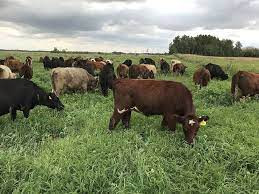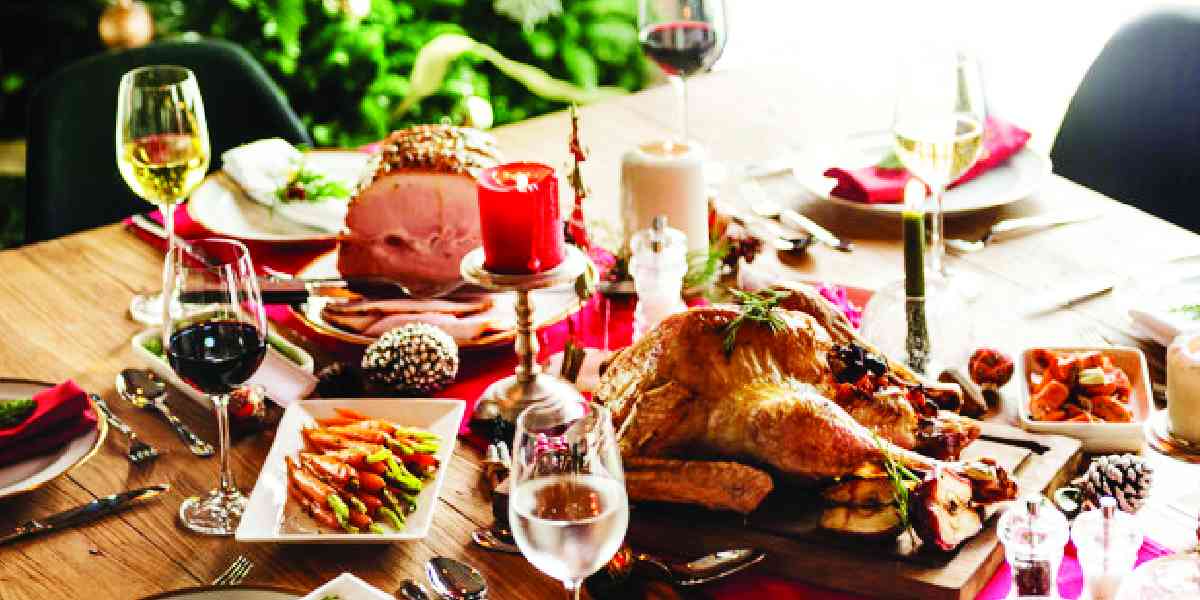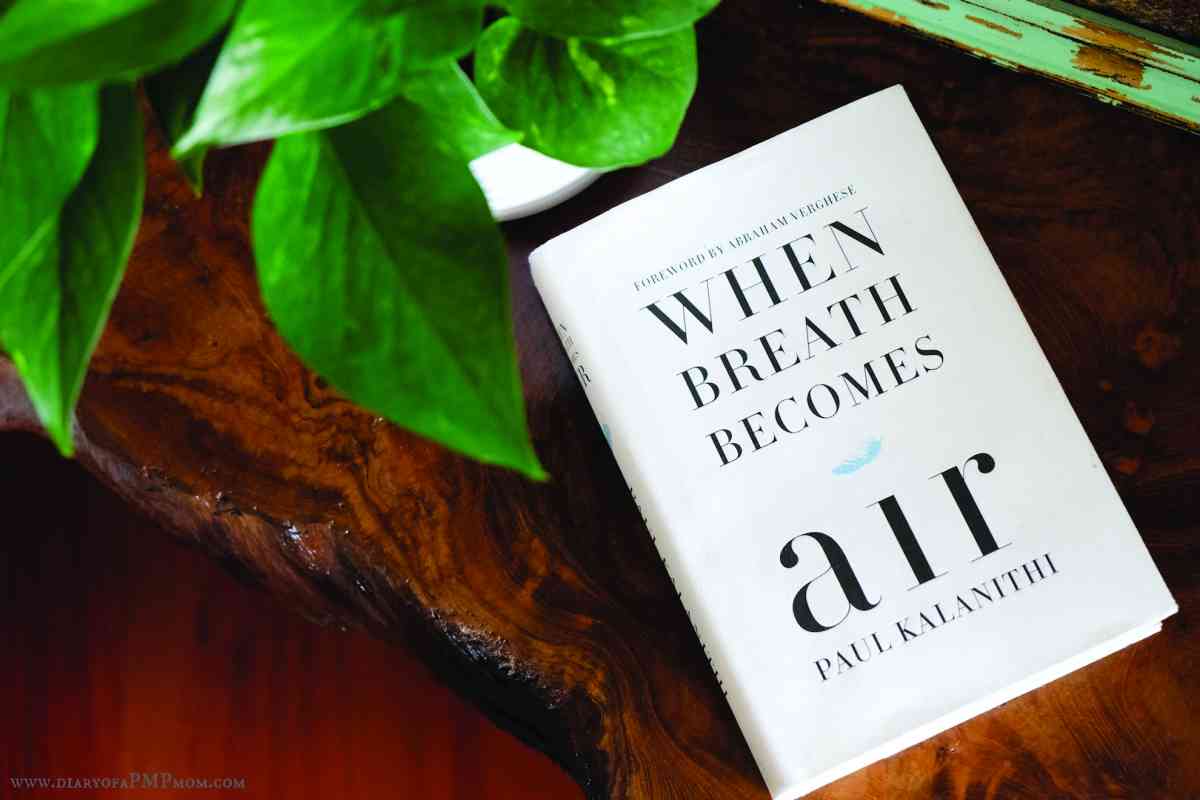
THOSE that take steps to distinguish themselves in farming will attest that the profession is not only well-paying but also self-appeasing.
Every now and again, you come across farmers, who are trying to do it differently, to have different results. Beef farmer Zvakanyorwa Wilbert Sadomba based in Concession is producing organic beef, which has left many of his clients satisfied.
This is beef from cattle that have eaten only natural grass, leaves, seeds and roots of mainly wild plants.
He does not feed his cattle with cotton seed feed, neither does he give them salt blocks. Not only that, the grass he feeds the cattle on is not sprayed pesticide or any other chemical.
The grass is also not subjected to artificial fertiliser but only grown organically.
They are grown by manure of the food that does not use pesticide.
"We have been trying to give a very different taste to our clients," he said.
"We have customers from as far as Europe, who contact us in need of this beef because the way it is produced is very different. The taste of the meat is very different from the usual that you are used to."
- Injuries, withdrawals hamper Sables’ WC preps
- Entertainment galore as showbiz regains its spark
- Another Makhadzi, Jah Prayzah collabo on the horizon
- Let the music play at JamAfro Festival
Keep Reading
The option chosen by Sadomba does not only save him on costs but also ensures that he keeps diseases away.
"We do not regularly dip our cattle, treatment of illnesses whenever they had to, we prioritise roots," he said.
"When it comes to tick control, this is also done by white birds that follow the cattle everywhere they go. You may call this a traditional way of beef farming if you want to."
When it comes to weight, his cattle usually weigh more than a tonne (live weight).
"Everytime I take my cattle to the abattoir, they have to go through the emergency door. They are usually too long for the height of the rails. I have records that show that one weighed 489kgs of hot dressed mass and another over 420kgs," Sadomba said.
While there are more advantages of organic meat, real grass-fed steaks, especially organic grass-fed meat will cook 30% quicker. It is very important to make the adjustment to your normal cooking for this reason. Grass-fed beef cooks quicker because they are significantly leaner.
In addition, frozen meat can be kept for up to four months if raw. With chronic diseases, such as hypertension, low blood pressure, diabetes and cancer ravaging our communities, organic beef is considered much heart-healthier than grain-fed beef, which likely contributes to its higher content of good fats, yet lower levels of saturated fats.
It contains more omega-three essential fatty acids (almost five times as much) than regular beef, which is also excellent for the heart. Greater nutritional benefits in organic meat — more good omega-three fatty acids, less cholesterol, and more antioxidants; a lower risk of exposure to antibiotics, growth hormones and pesticides. Fewer negative effects on the environment and less of a contributor to climate change.
Strictly grass-fed cattle tend to be leaner than grain-fed. Grain-feeding produces cattle with a higher percentage of fat.
Visibly, beef from a grass-fed cow looks different from that of a conventionally raised one. The fat is much darker and orange in colour; this is due to the presence of beta-carotene. Cows fed grass consume a higher amount of vitamins, minerals and trace minerals; the meat is a dark rich red colour. However, there are other farmers, who feel that Sadomba is taking the profession back to mediaeval times.
For starters, his method of farming is wasteful as he requires a lot of land to feed the cattle without supplements.
"I think we need to go full scale sustainable, highly commercialised utilisation of every square inch of our agriculture lands," opines Tanyaradzwa Chiwera, an animal agronomist.
"We have an expanding population to feed, so organic usage and control of feeds, weeds and pests would work best in the Eden Garden, for you and a few people to feed," he added, saying that Sadomba needs to embrace modern day chemicals for better result.
But for someone, who is selling his beef at US$9 per kg compared to the ordinary beef packed at US$5,50, Sadomba says he will soldier on with his low-cost method.
While it looks like a good project to embark on, there are a lot of factors to consider.
What cattle breeds are most suitable for this kind of feeding?
Would the community you live in allow you not to regularly dip your cattle, given that it is now a crime that carries a fine? Cattle dipping is mandatory in Zimbabwe. You will be arrested for failure to do so.
- Gwabanayi is a practising journalist and a farmer in his own right. — 0772 865 703 or gwabanayi@gmail.com










